This article is part of a recent series on the latest technological advancements. Read more in the series to help understand how technology is changing society.
The use of ChatGPT and so many other AI endeavors seem to have become endemic to every school and work environment. You see it on platforms like Canva where it beckons you to use it to create graphics. And, of course, on Google as it auto-populates simple answers for whatever question you search.
But the AI that was once cited in the ’90s and 2000s as a future pull for innovation and new industry has now been realized as an exponential issue growing out of control. An issue that will, in some people’s opinions, reach out of your phone, and into your job market.
AI doesn’t seem like it has the capacity to take on the kinds of tasks that would completely replace human-occupied jobs. How can something that simply answers basic prompts like “summarize this for me and make it sound human” take on the roles of jobs as serious as doctors and physicians.
However, in a new study IBM’s Watson AI software has been found to detect and diagnose patients better than human physicians, and not by a small margin. In nearly 80% of the responses the bot was better at not only diagnosing the patient’s condition, but also in its bedside manners and delivery of information. Shockingly, the majority of participants surveyed found the bot more empathetic and understanding than the actual care provider.
According to Harvard Health Publishing, if it wasn’t for patients’ uncertainty about being diagnosed by AI, the software would perform the actions of being a doctor better than an actual human professional.
Even in other, not so machine-like fields, AI seems to be encroaching on more creative-minded careers. This year viewers observed something “off” about Coca-Cola’s annual holiday ad. It had turned out that this year the massive company had chosen to construct the usually heartfelt and thoughtful ad with AI rather than the creative works of designers and actors. Instead of paying heartfelt homage to the 1995 “The holidays are coming” ad, many thought the ad was no more than a cheap fail full of poorly rendered images and glaring inaccuracies, says Forbes.
The ad is entirely made up of short 10-second clips that flash quickly across the screen so viewers will hopefully not notice the way the semi-truck’s wheels don’t actually spin while it drives or how the human figures seem too large to fit in any door around them. “Of course a company which earned 46 billion last year has the gall to resort to AI just to save a minute smidge of their profits. How tragic,” cites one commenter under the ad on YouTube.
Despite the clear drawbacks and failures of AI like this it seems as though companies are willing to compromise the quality of their product in order to outsource said product to whatever cheap methods available. To truly understand the uncanny valley effect the ad has, you should watch it yourself.
Many call this uprising in AI use the slow death of creative media. What company would choose to spend more money on developing something creative and heartfelt when they could spend the least amount of money possible?
Megan Cruz of The Broad Perspective Pod wrote in a tweet: “This is always what [AI] was going to be used for btw. It’s not some great equalizer. It’s a way for already massively wealthy execs to add a few more mil to their annual bonuses by cutting creative teams entirely & having a machine vomit up the most boring slop imaginable instead.”
If these worries are all founded, and AI is soon to reach its arm further into these fields, which jobs are the first to go?
According to Forbes, the first roles on the chopping block are financial and analytical careers. “AI systems can process large datasets, identify trends, and generate reports with greater speed and accuracy than humans,” says Forbes. Second will be graphic design, as evident by the great Coca-Cola ad. A.I. can successfully craft logos and advertisement based on its never ending exposure to previous designs and works.
“In all honesty, because I know my future career can’t be outsourced, I don’t have an opinion on the issue. I see benefits to AI, but at the same time I worry about the people who may be impacted,” says Ava Westerheide ’25. Although her sights towards a career in Forensics may not be tampered with by AI, there are still lots of changes in the near future to be hesitant of.
Even if some say that this technology revolution will clear up more time for human employees to work on other projects, it’s still daunting. There’s really no comforting way to look at the issue, outside of hoping that A.I. will do great, not job-destroying, tasks. But if companies use of the tool is any sign, in many fields that will not be the case.





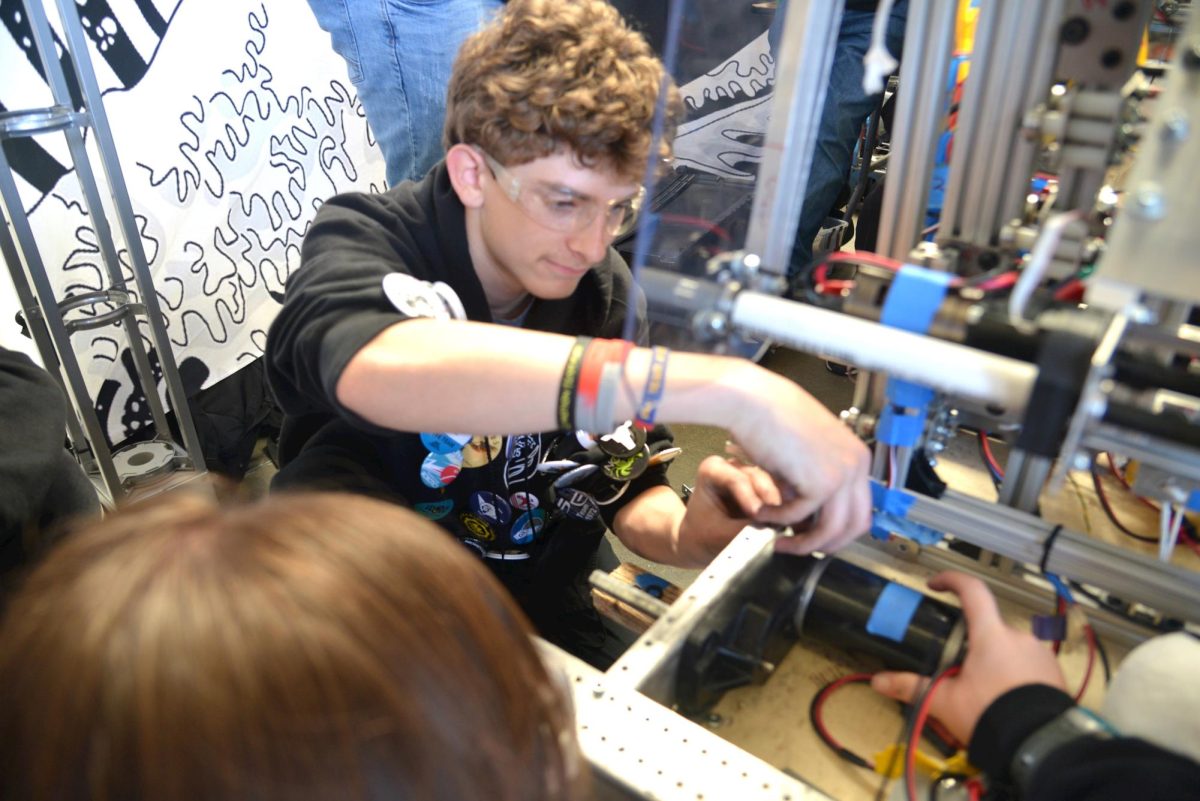
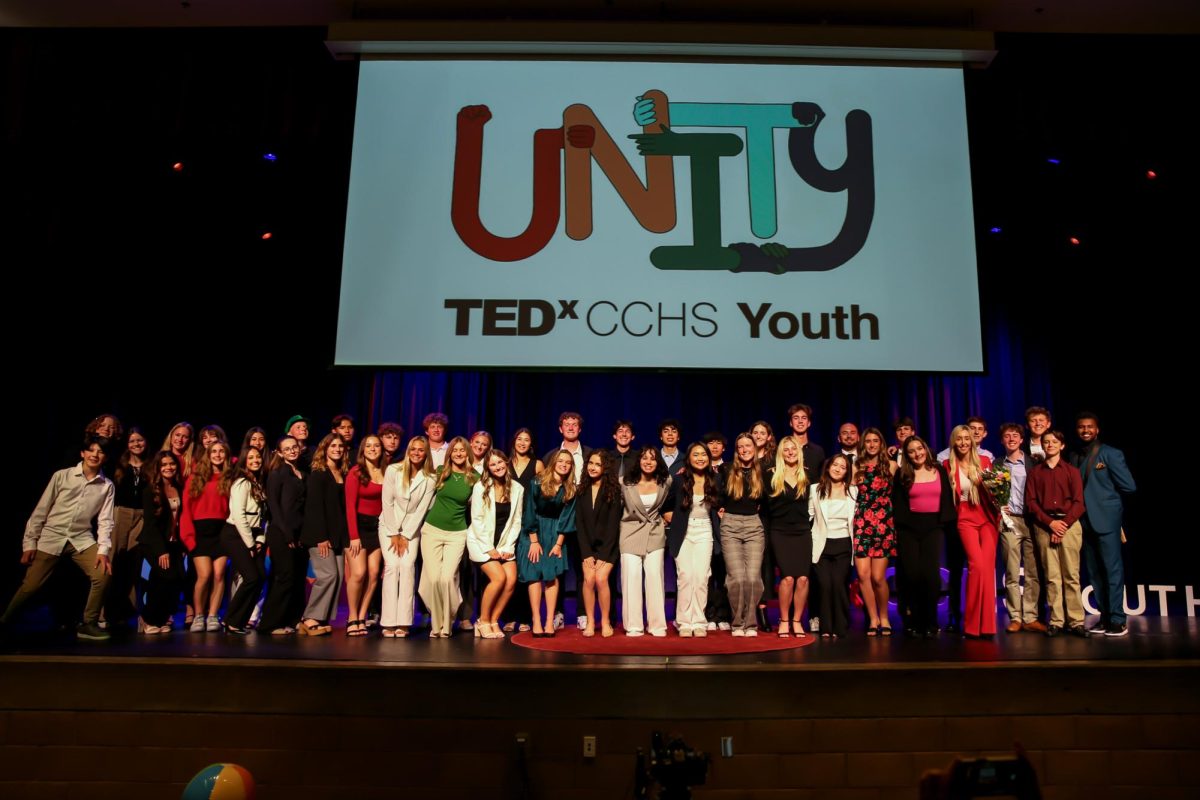


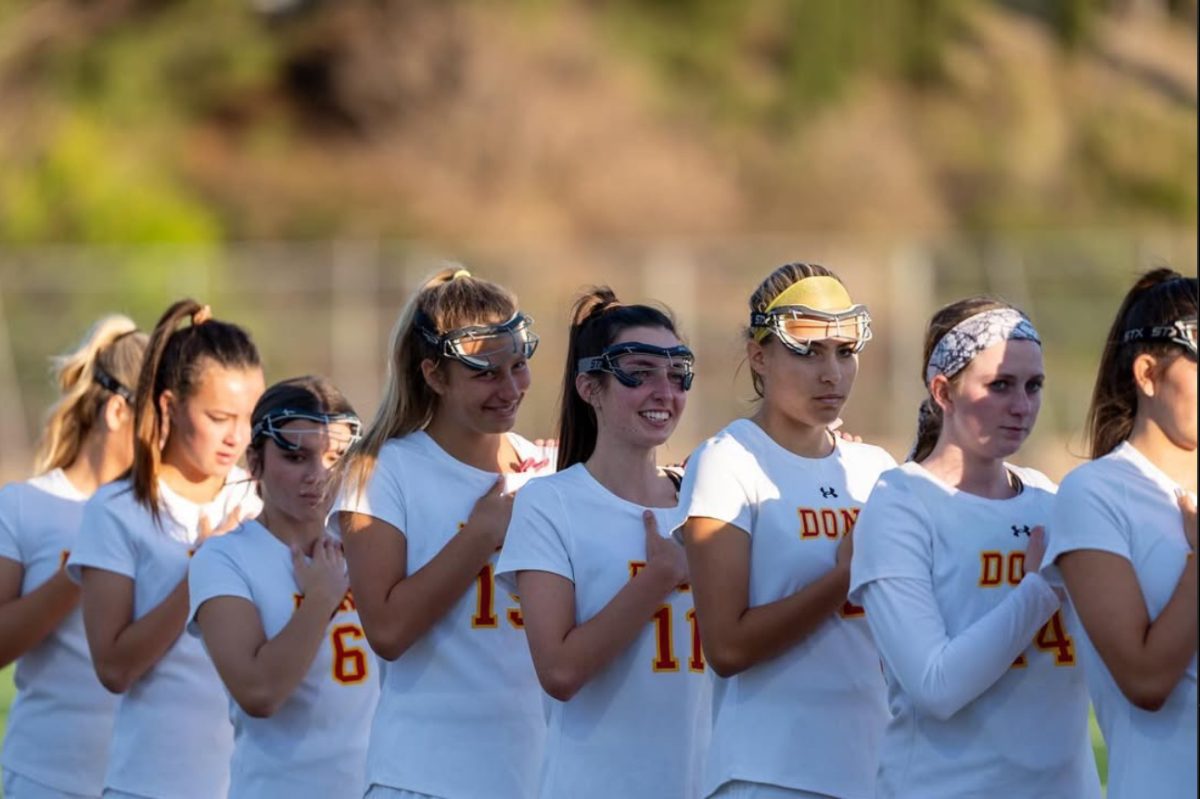
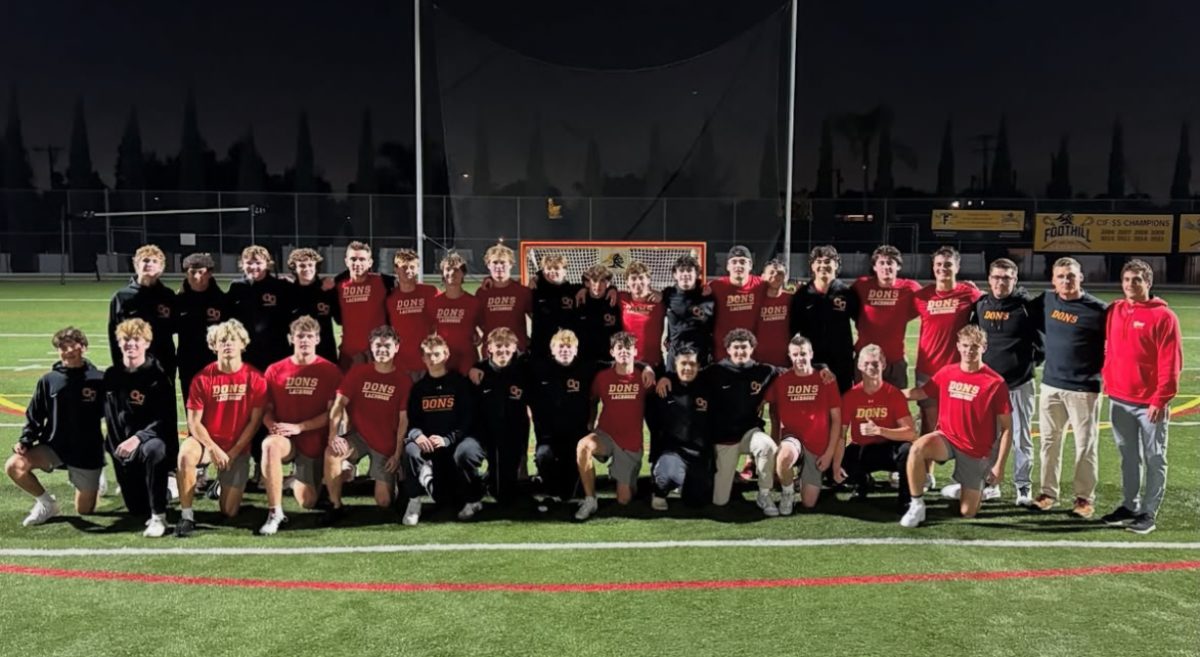




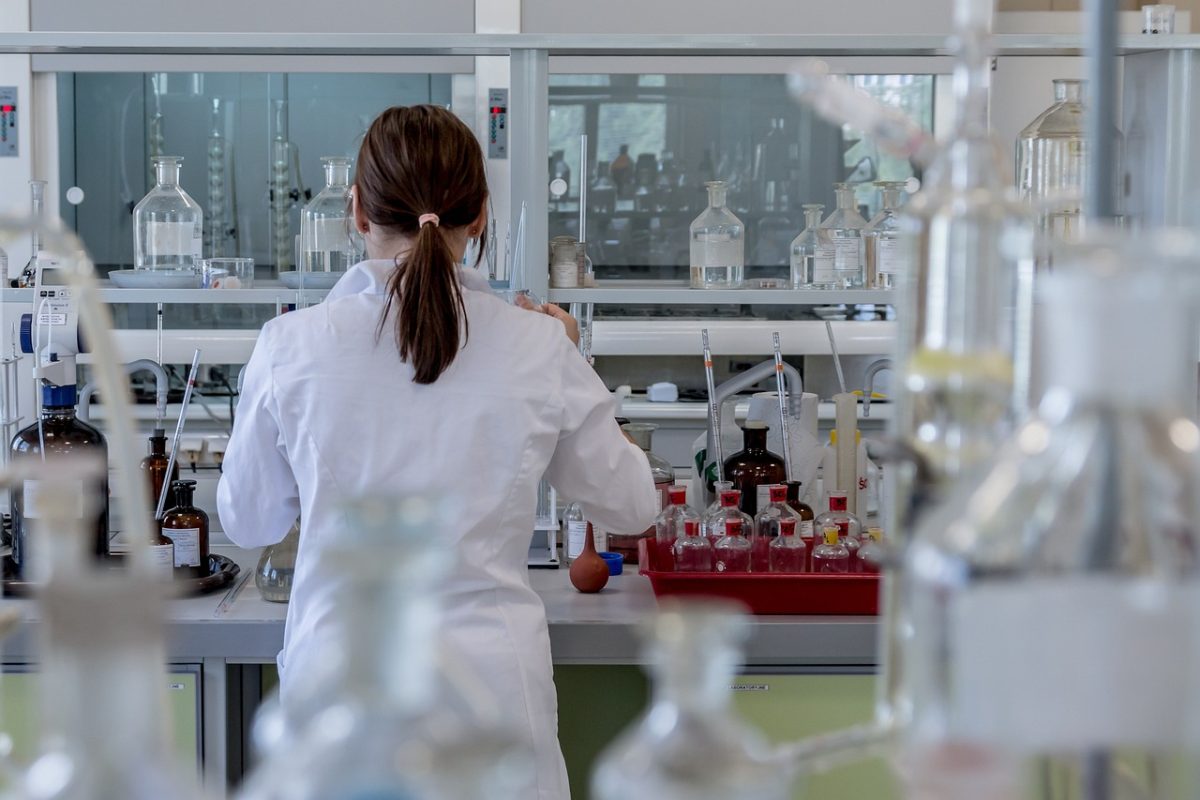







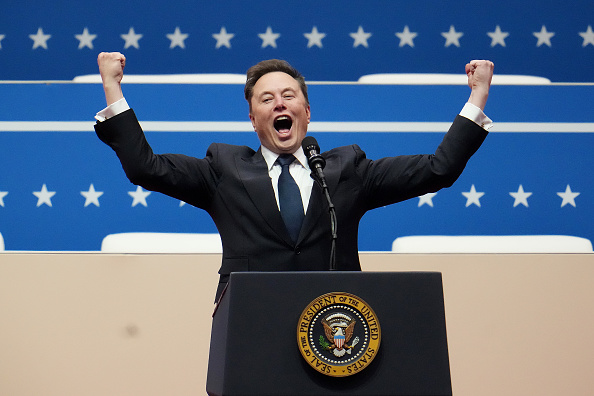








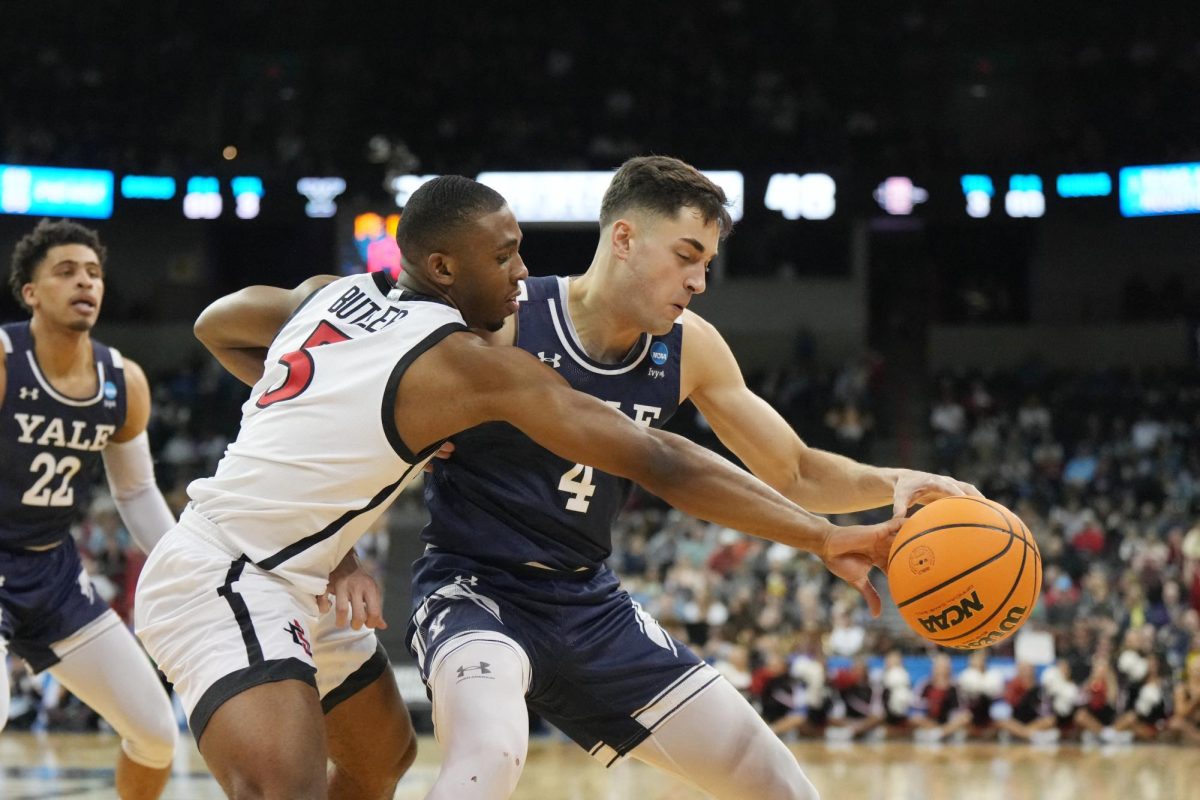









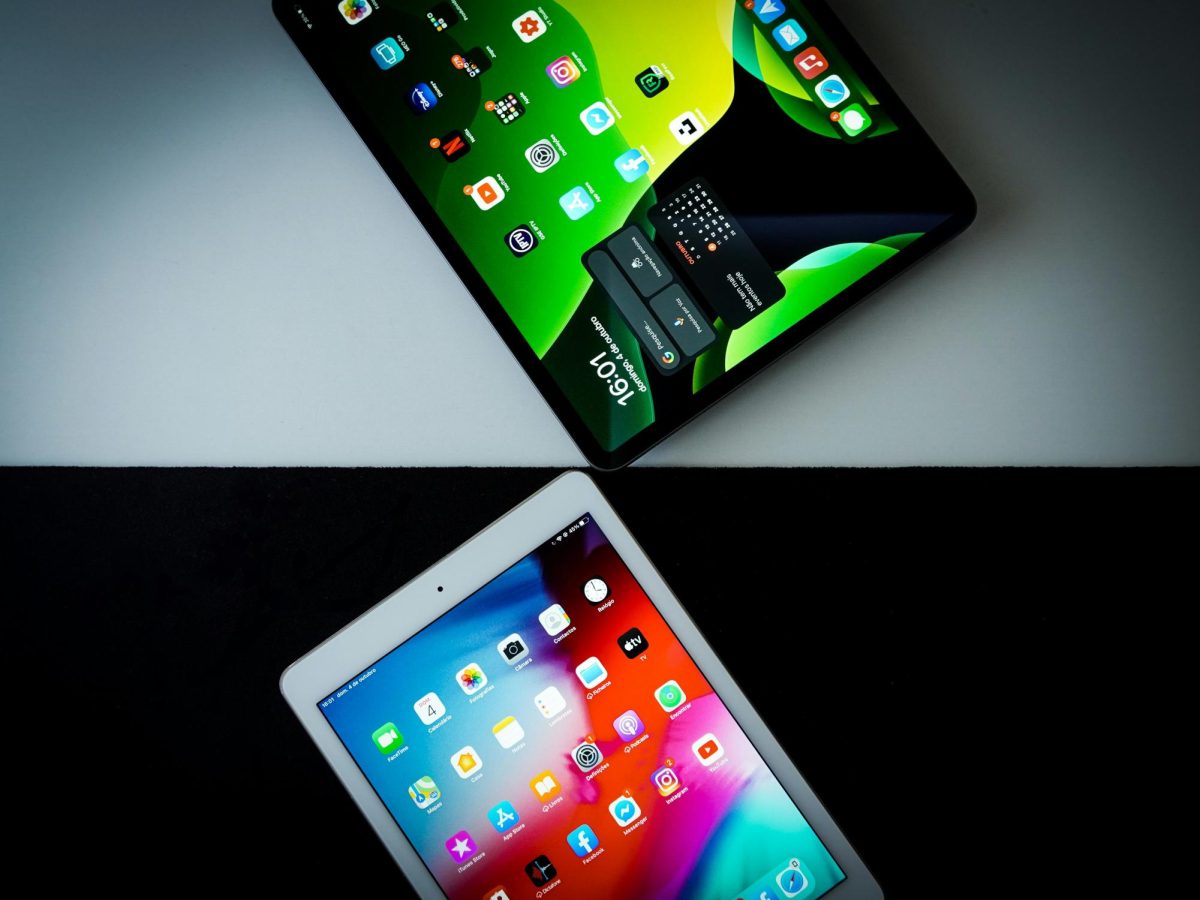










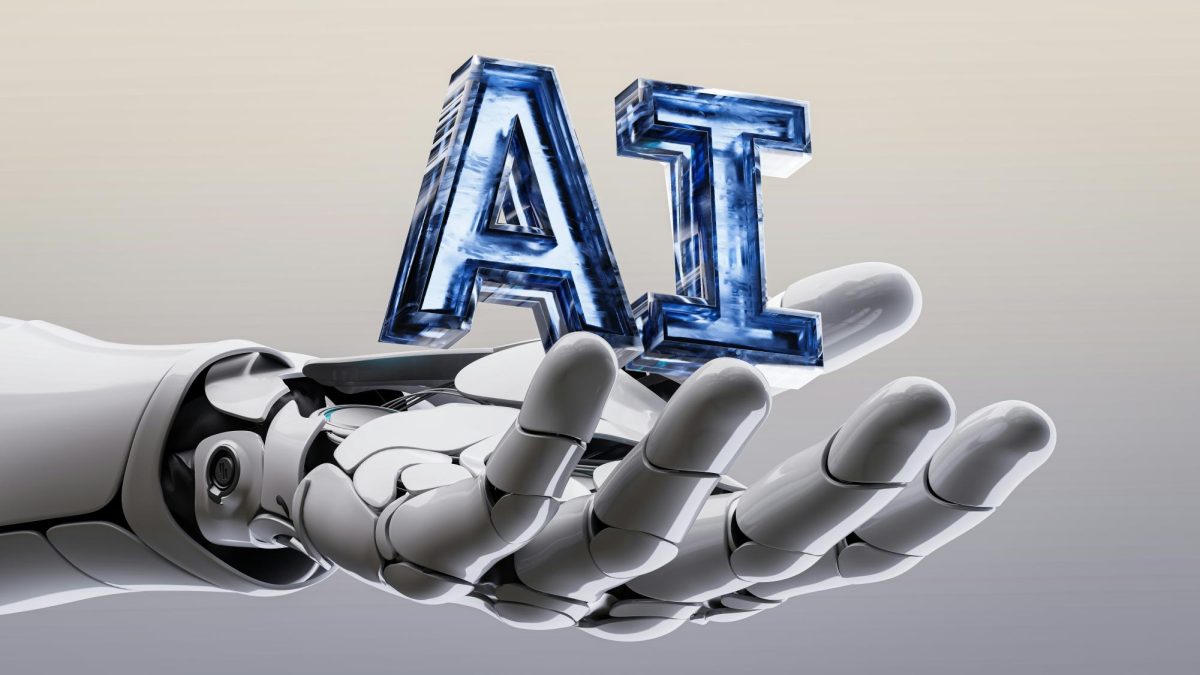

Elle Brennan • Dec 16, 2024 at 9:35 AM
I really like how relevant and informative this article is!
Mae Kordas • Dec 16, 2024 at 9:31 AM
This article brought to light the risks and negatives that A.I brings to our world very well. The headline is very engaging and leaves the reader thinking about how A.I could replace many jobs.
Emily • Dec 12, 2024 at 9:05 PM
This article was a really well written. It’s interesting how AI is changing our society and what that means for future careers.
Liesel • Dec 12, 2024 at 12:24 PM
Wow this article was so interesting to read. I didn’t even notice how much AI was being used without me knowing!! I love how you used hyperlinks so that I can find more information about this topic and I will definitely be looking into this more!